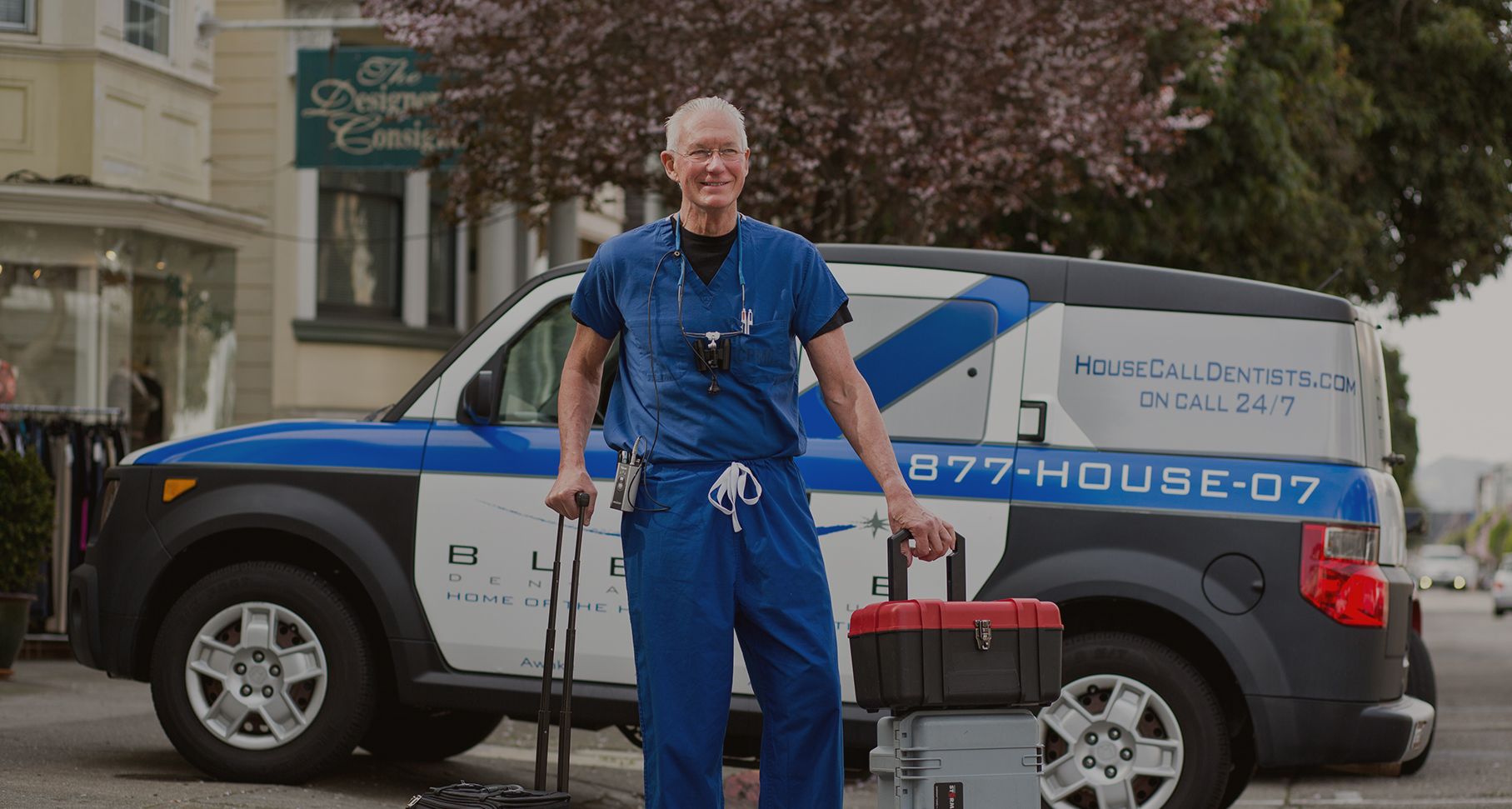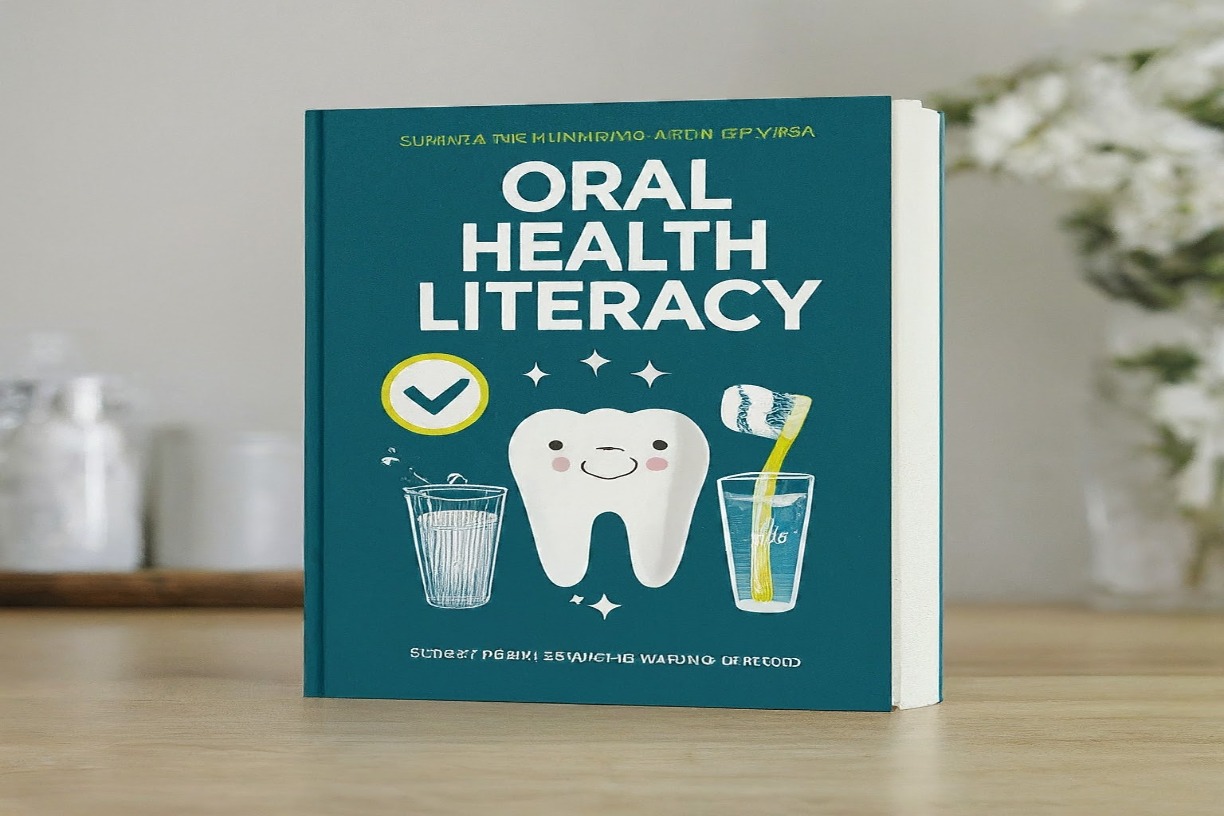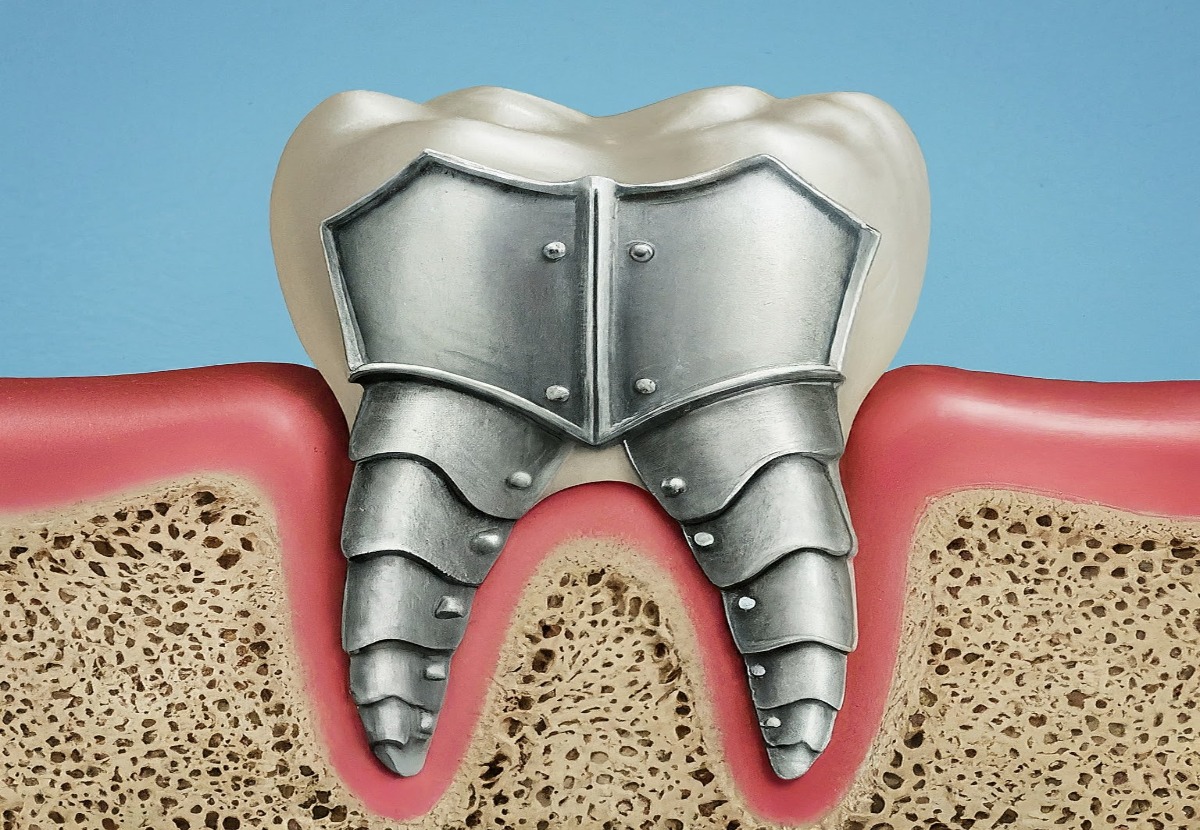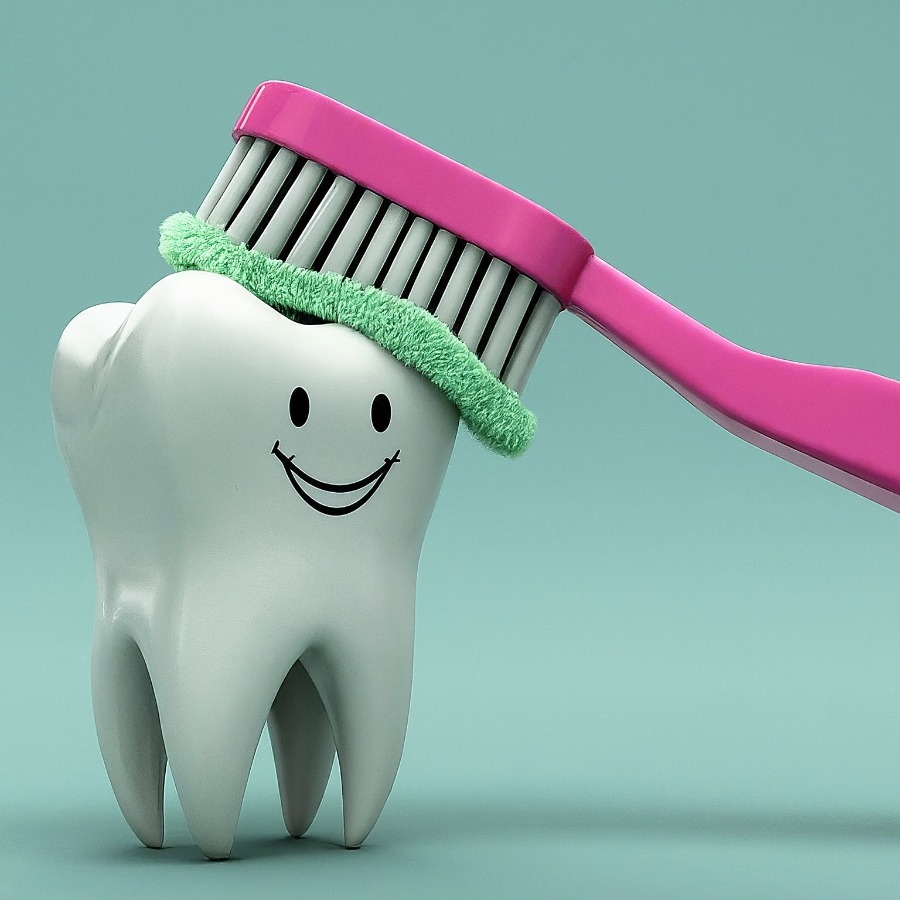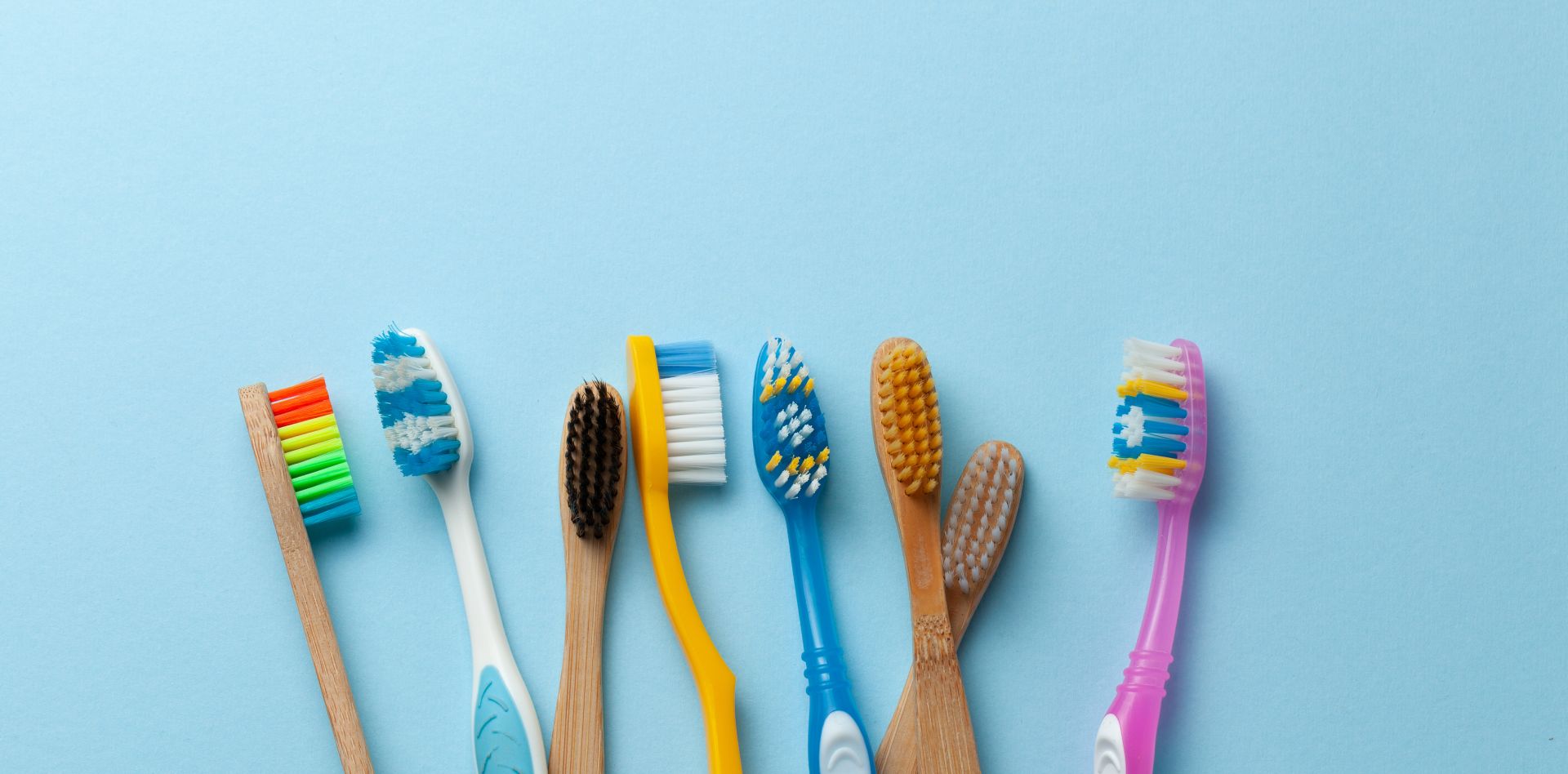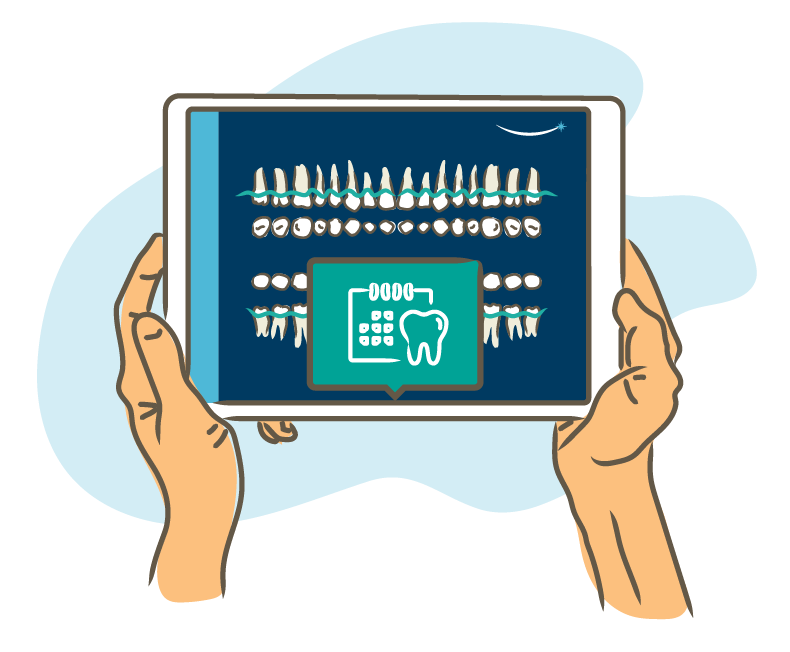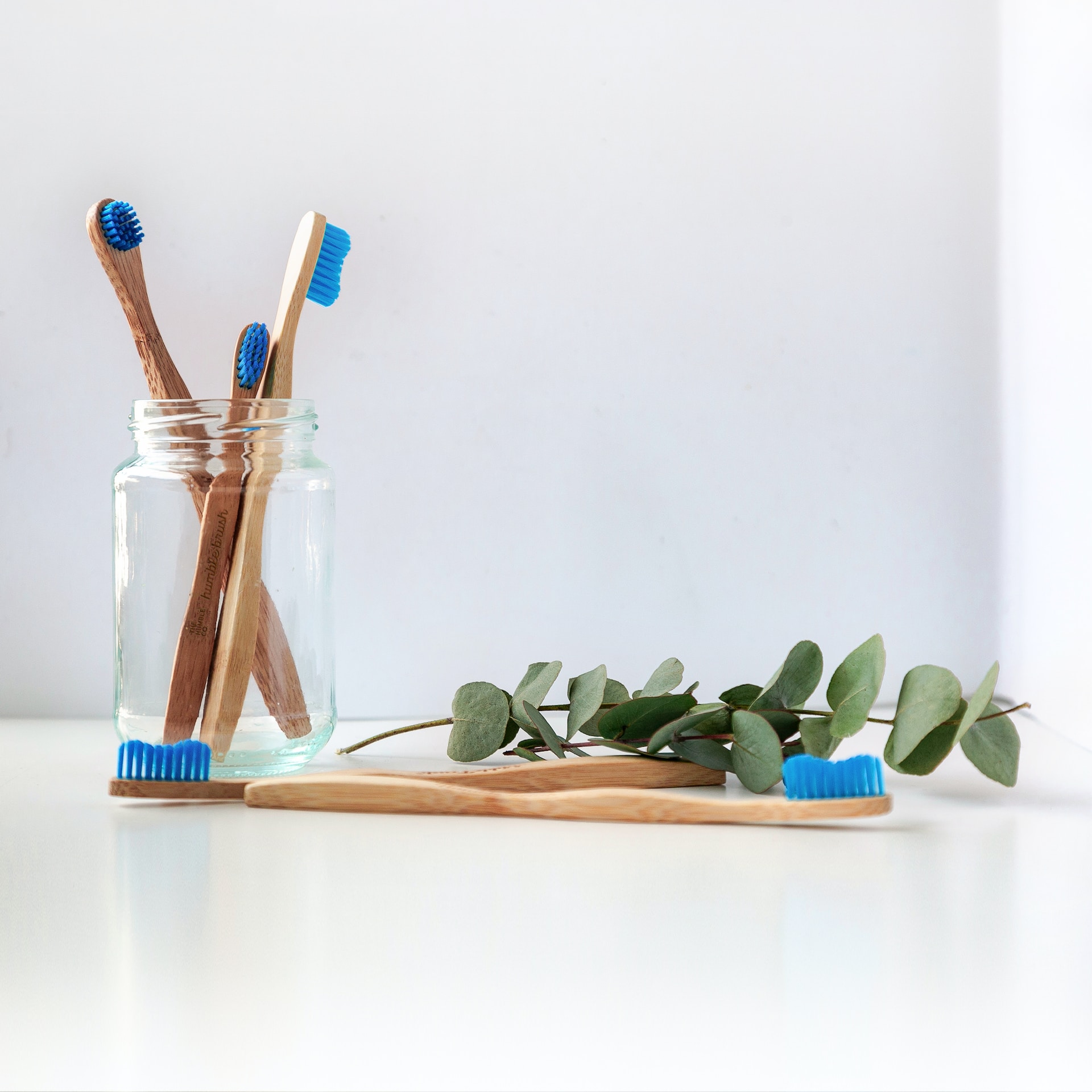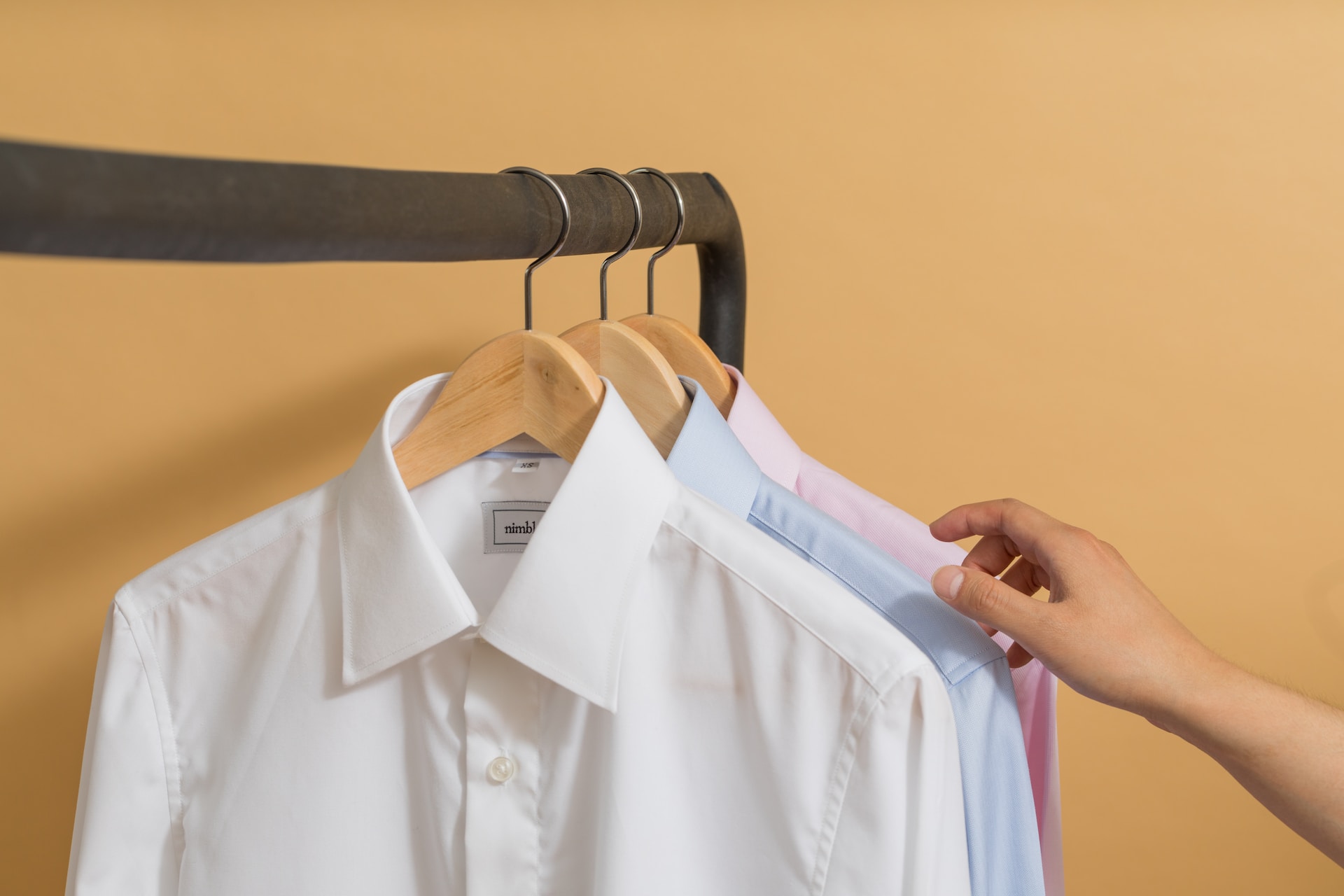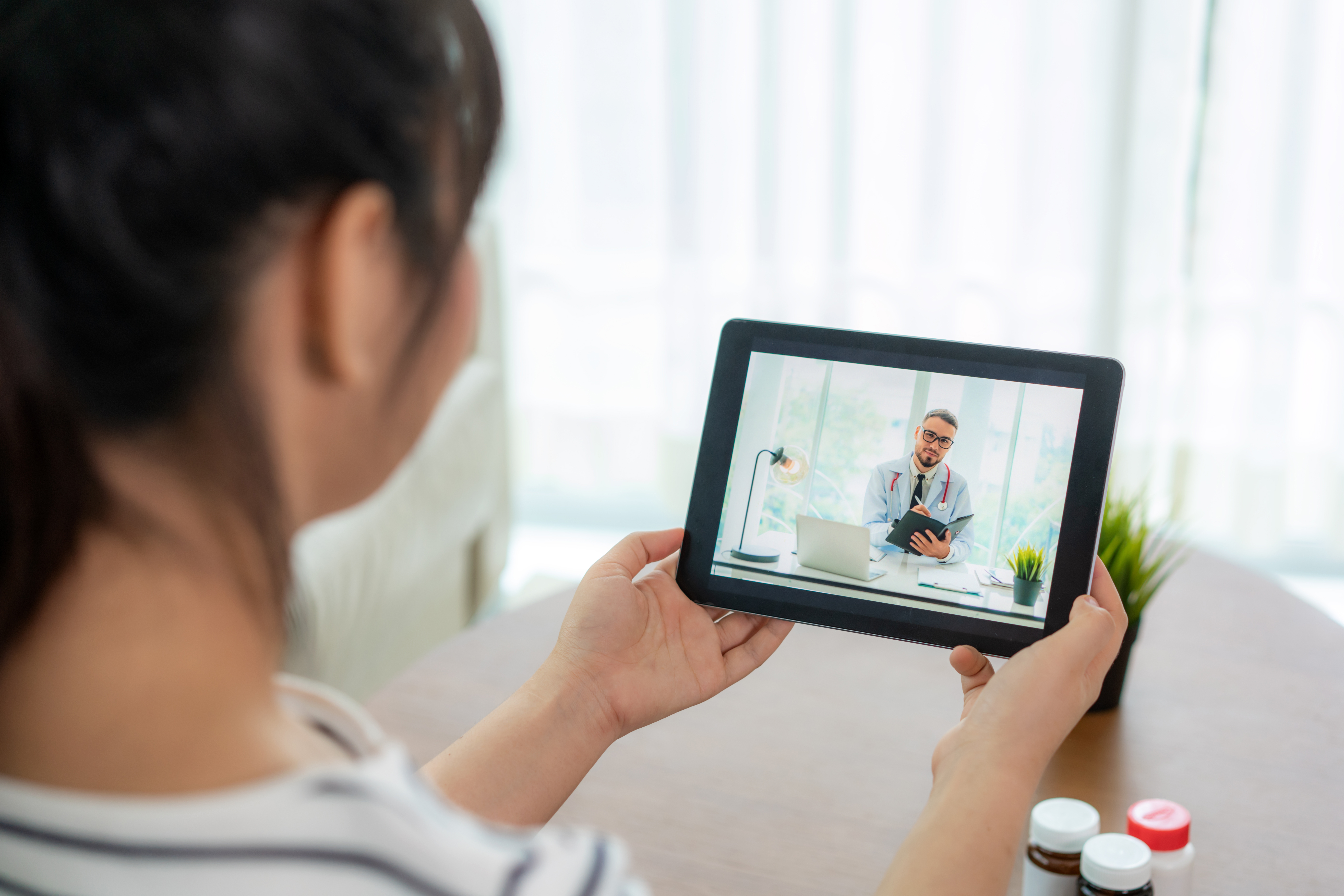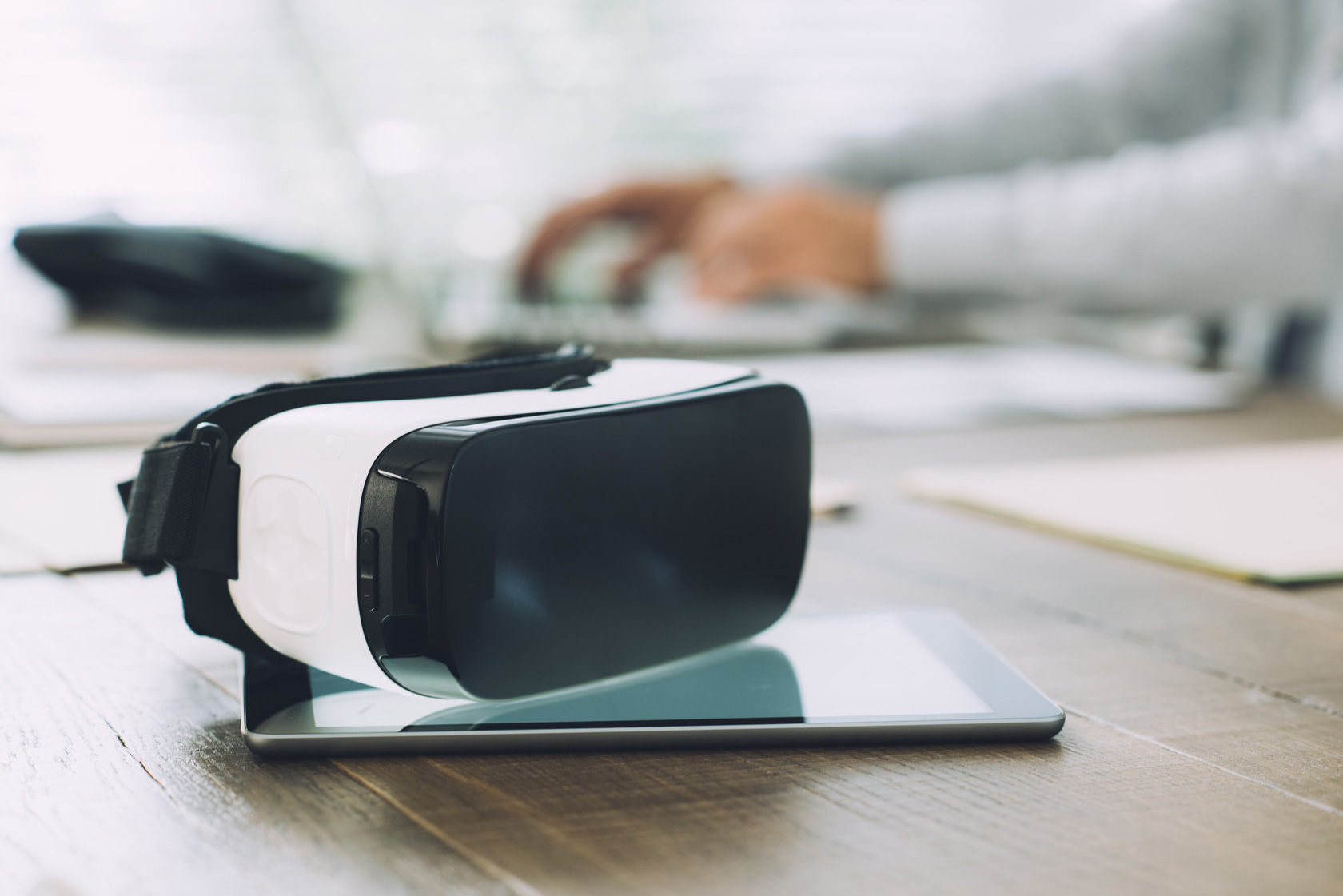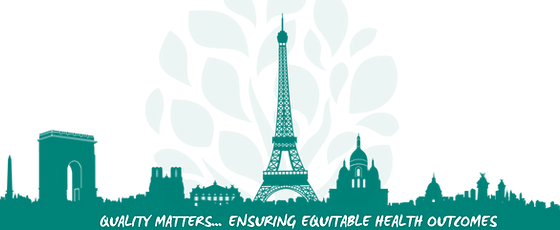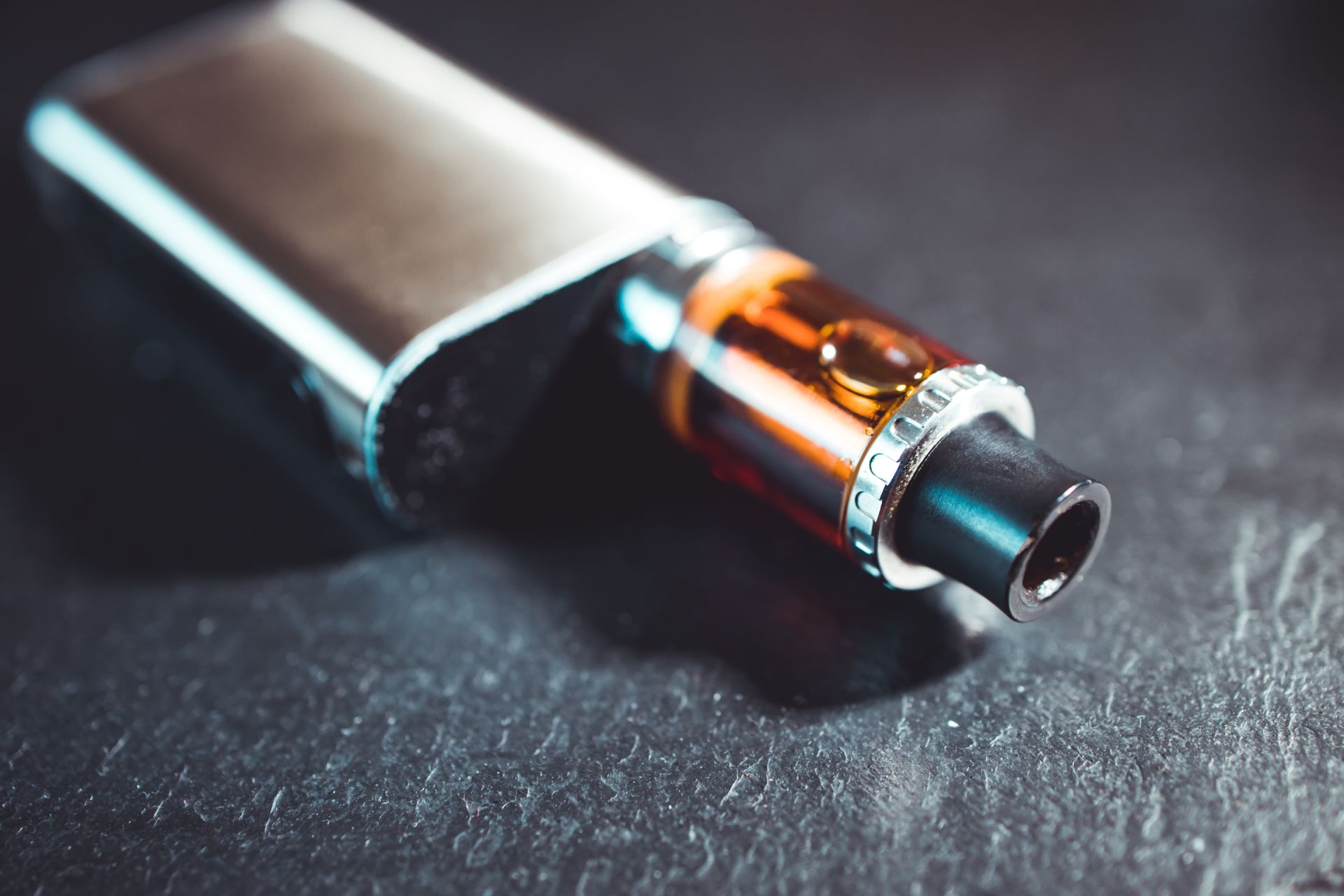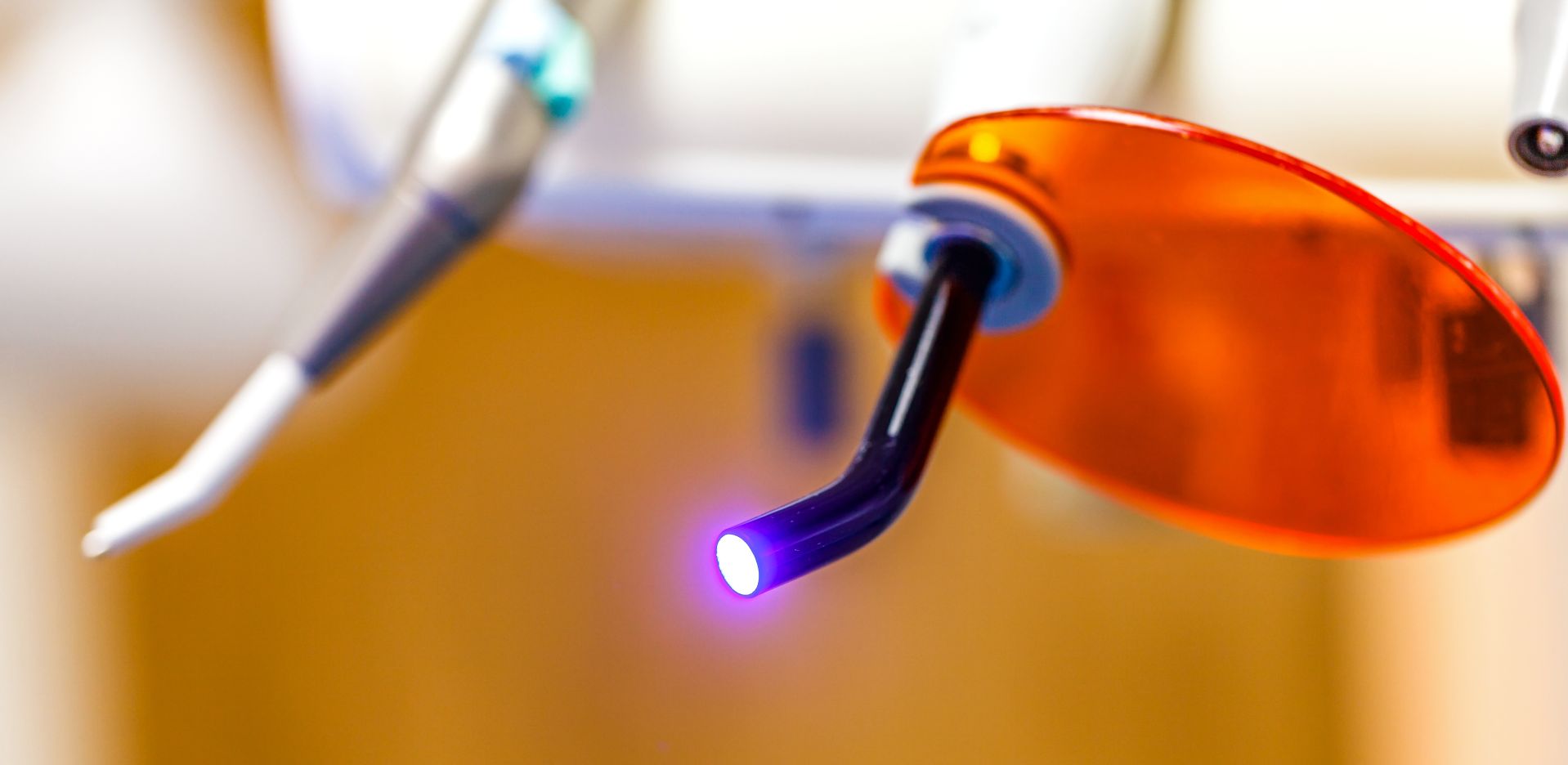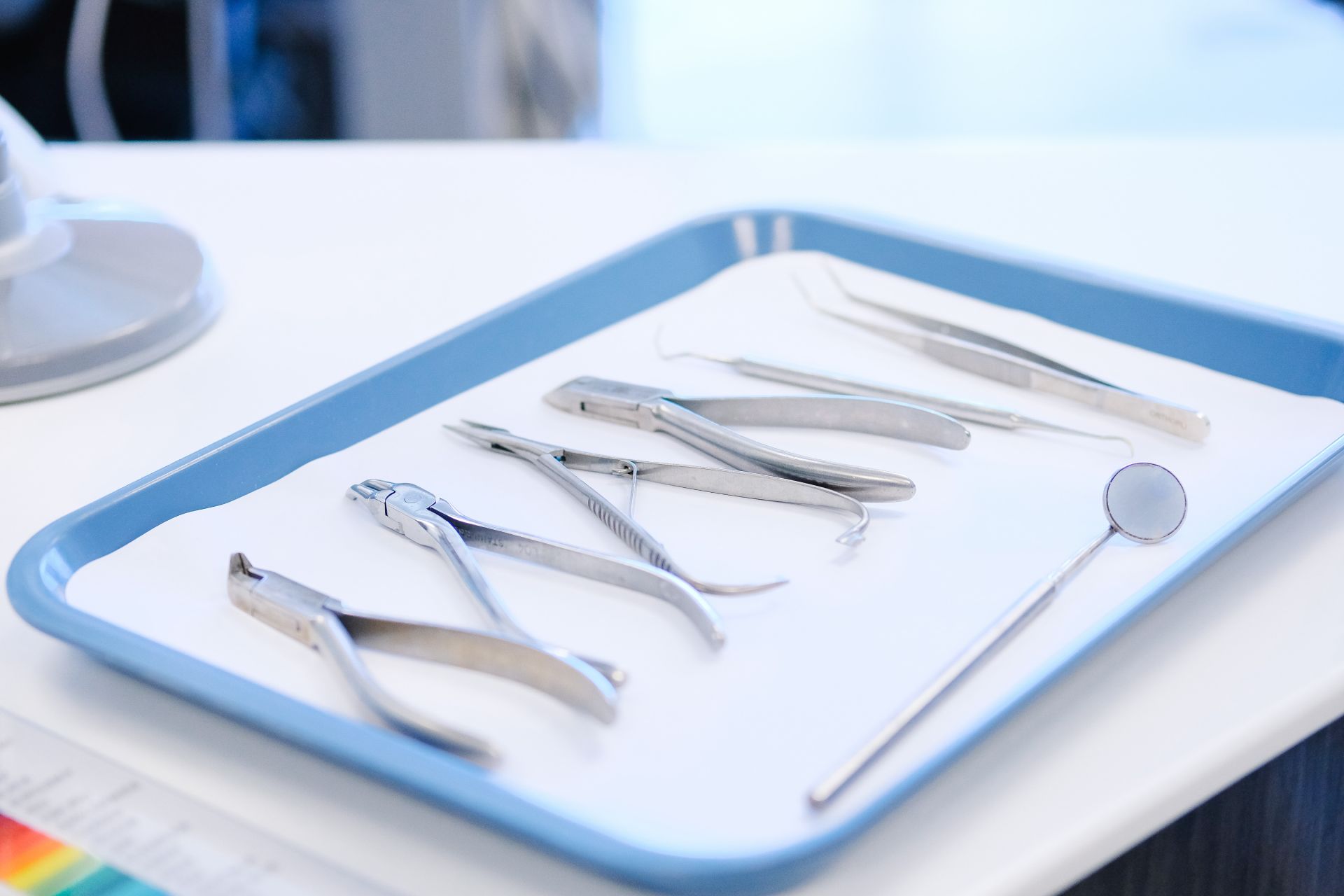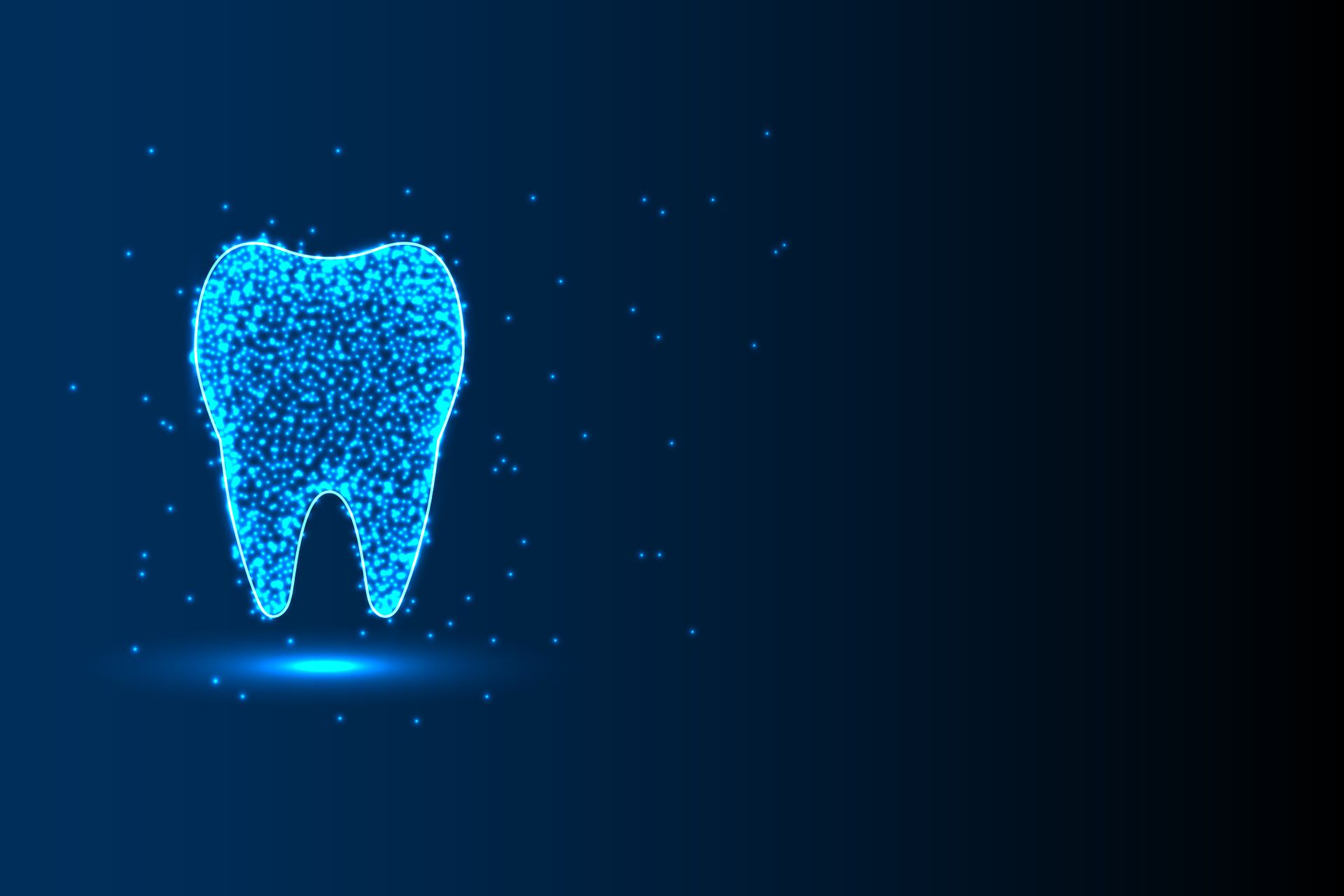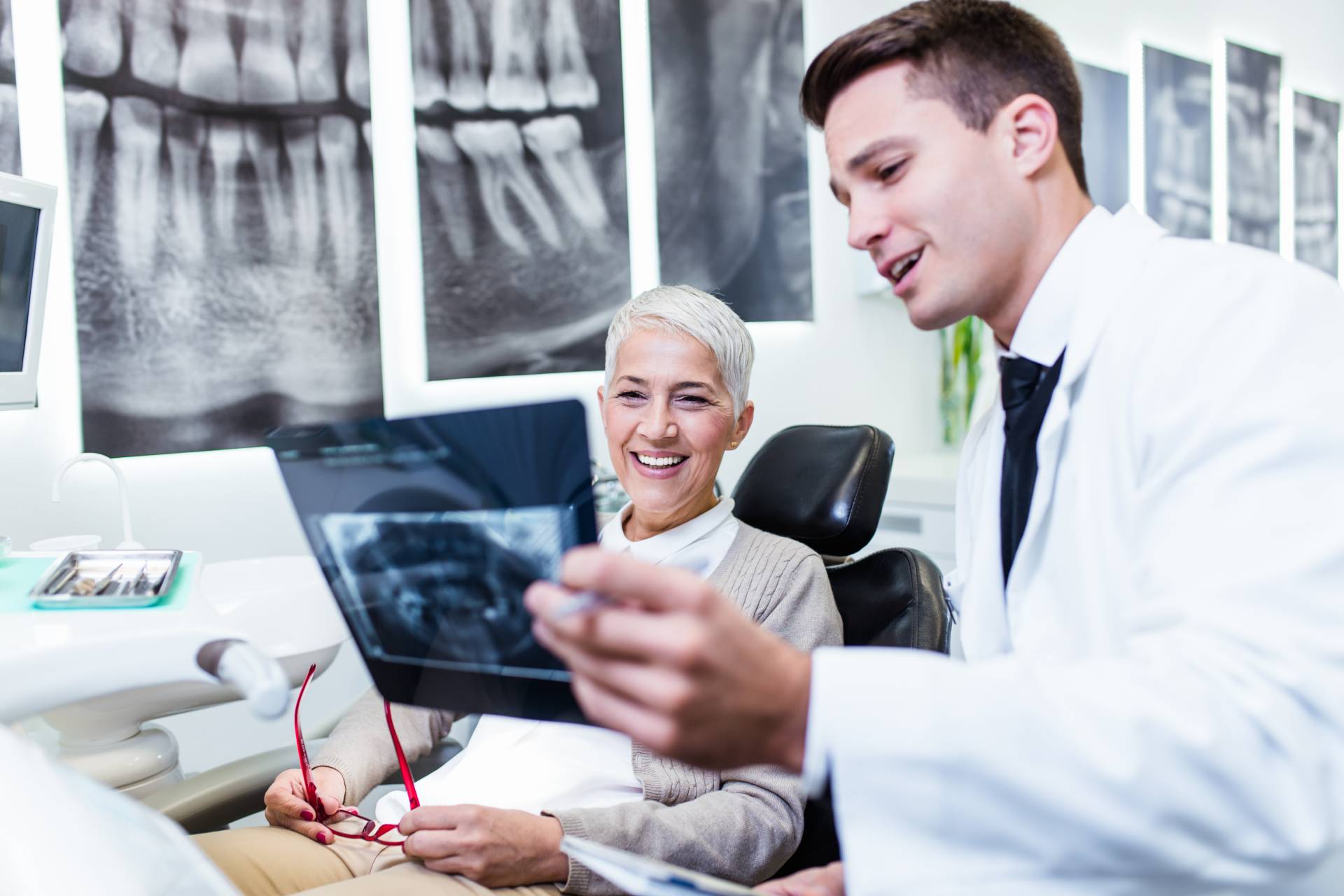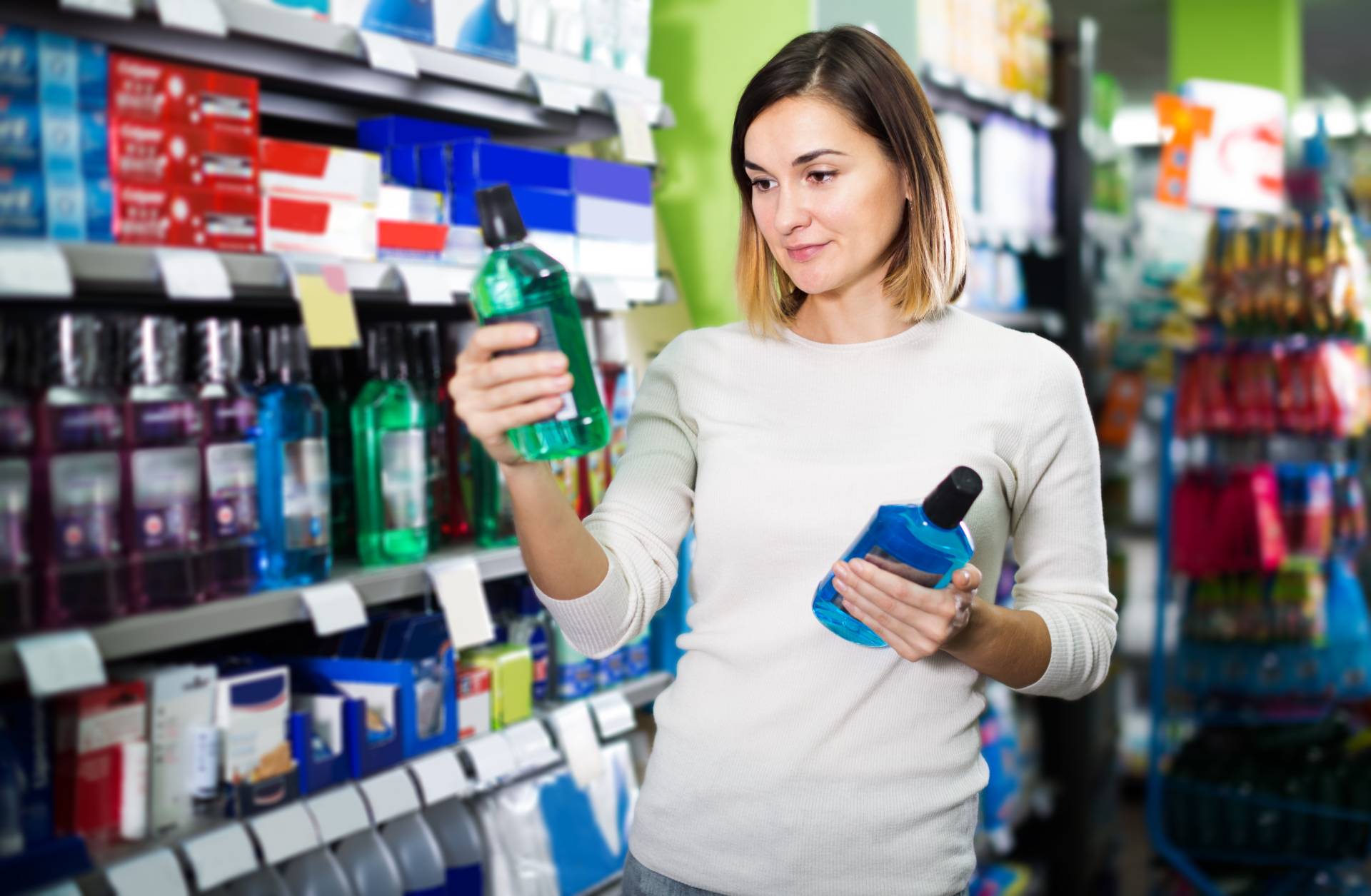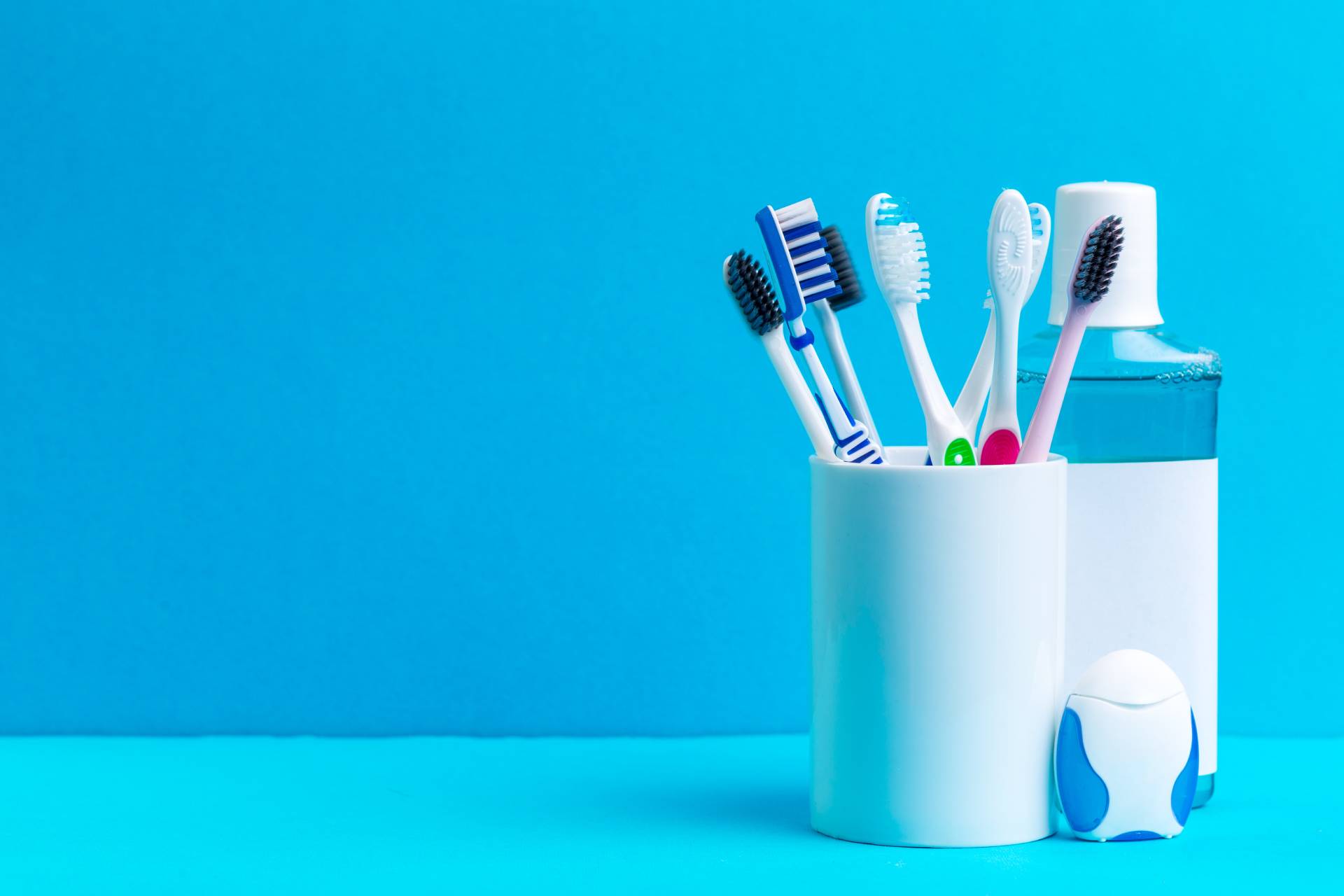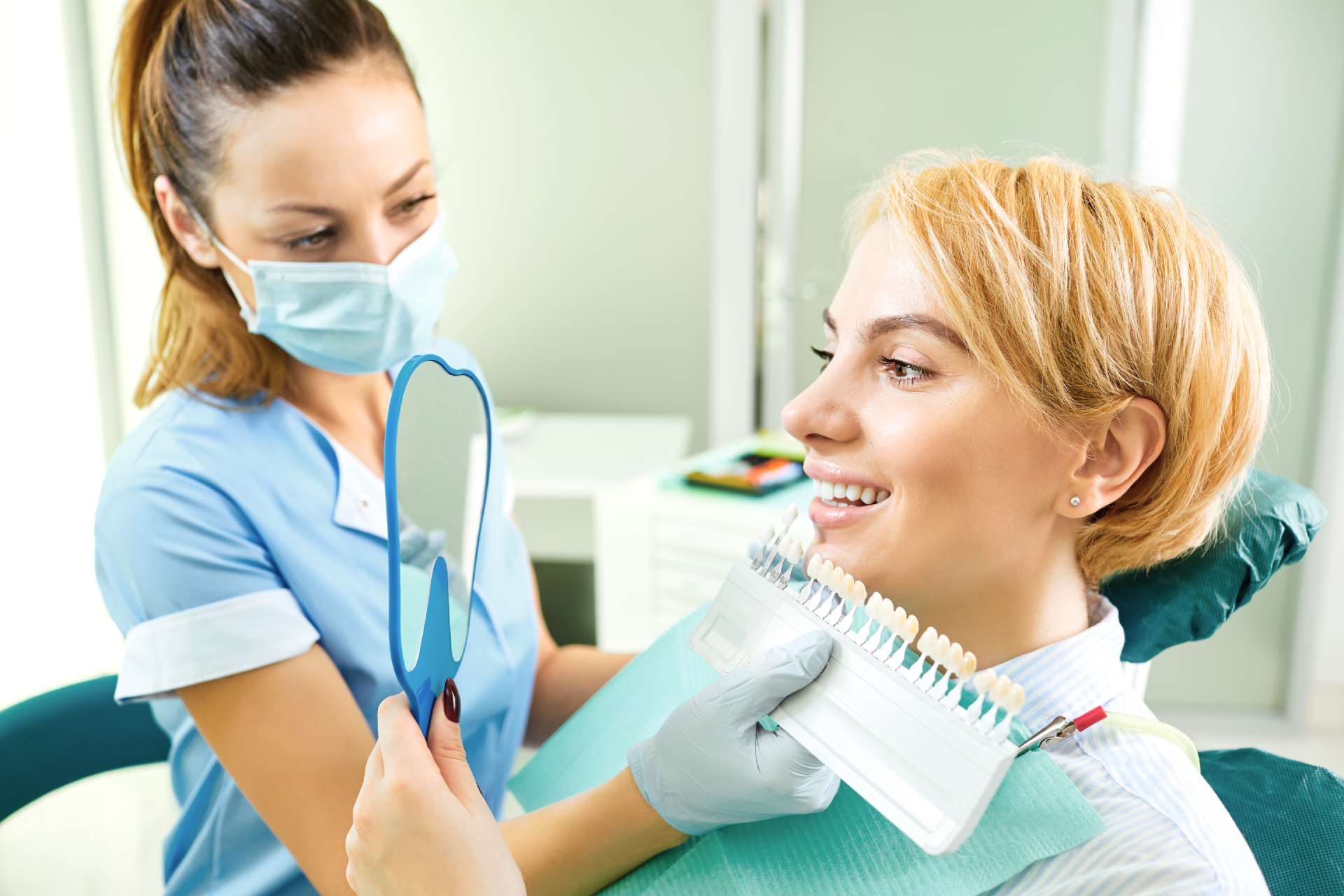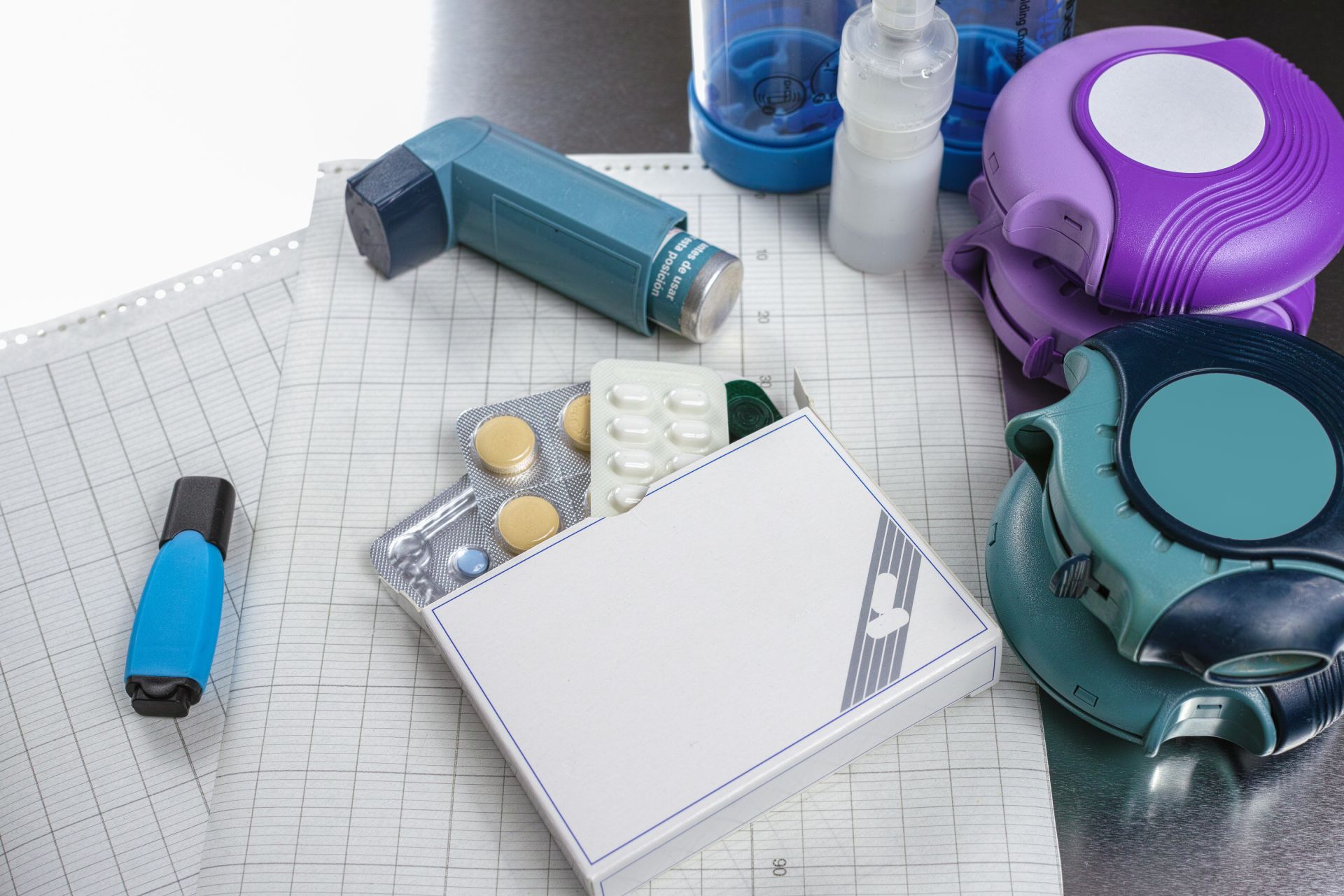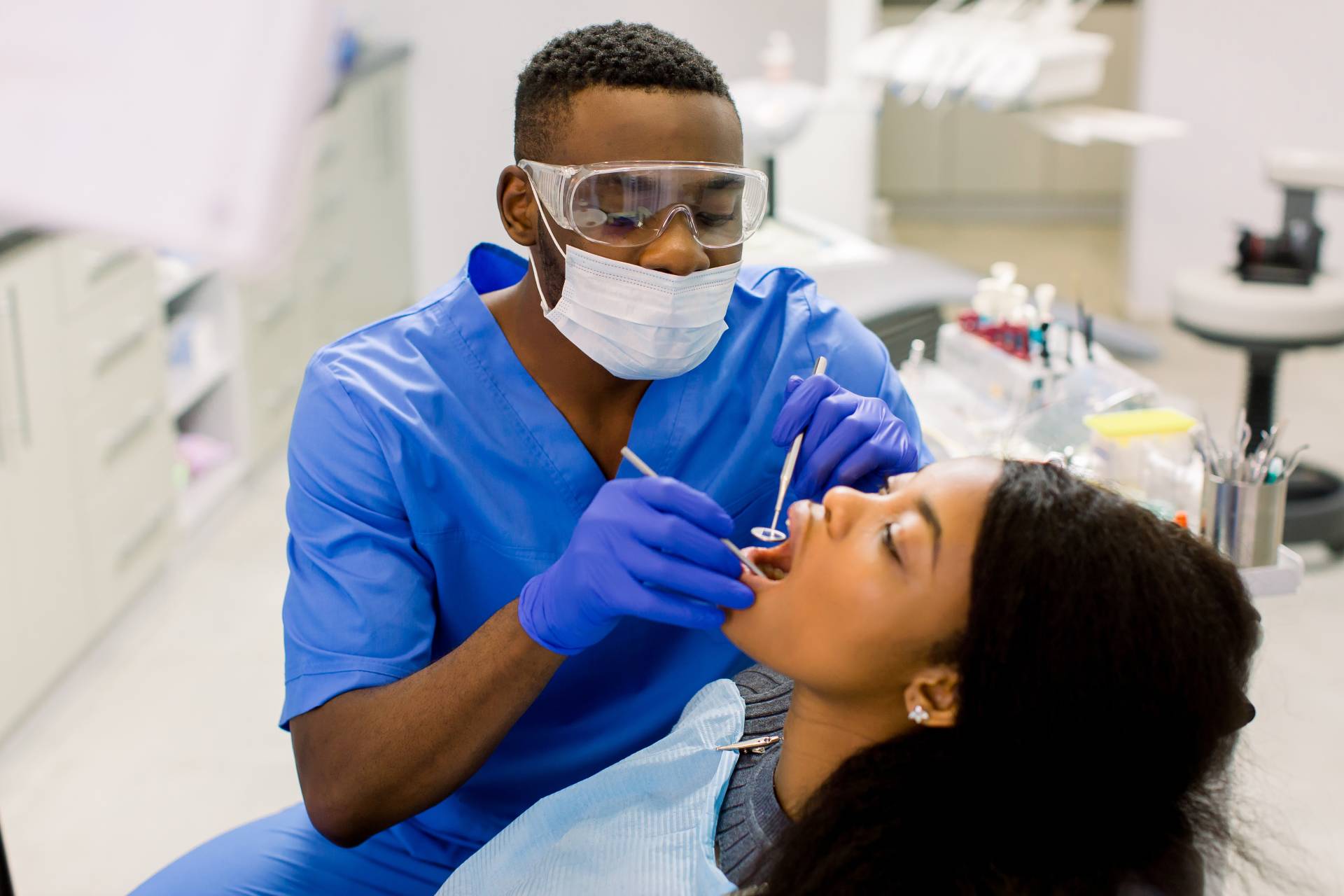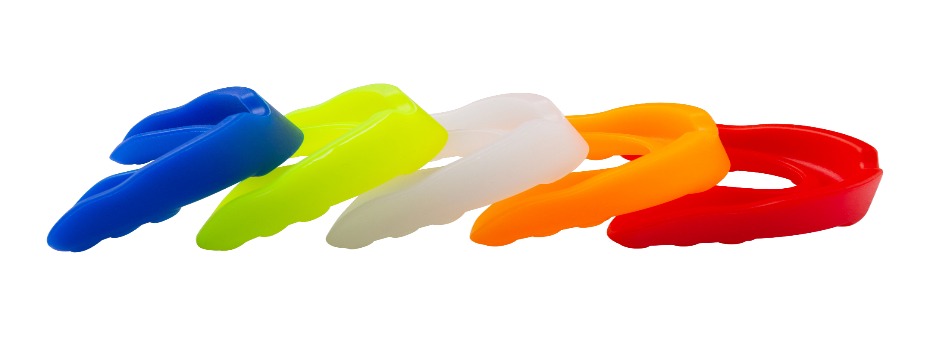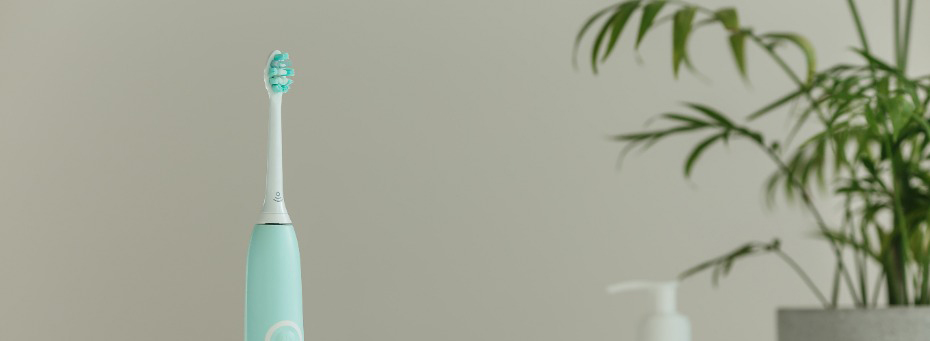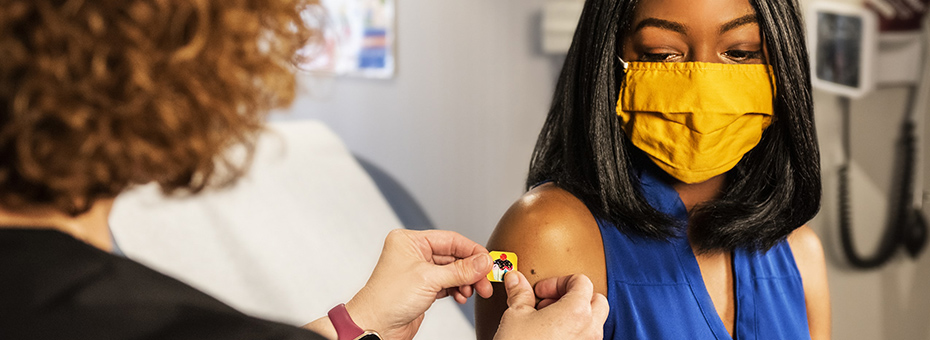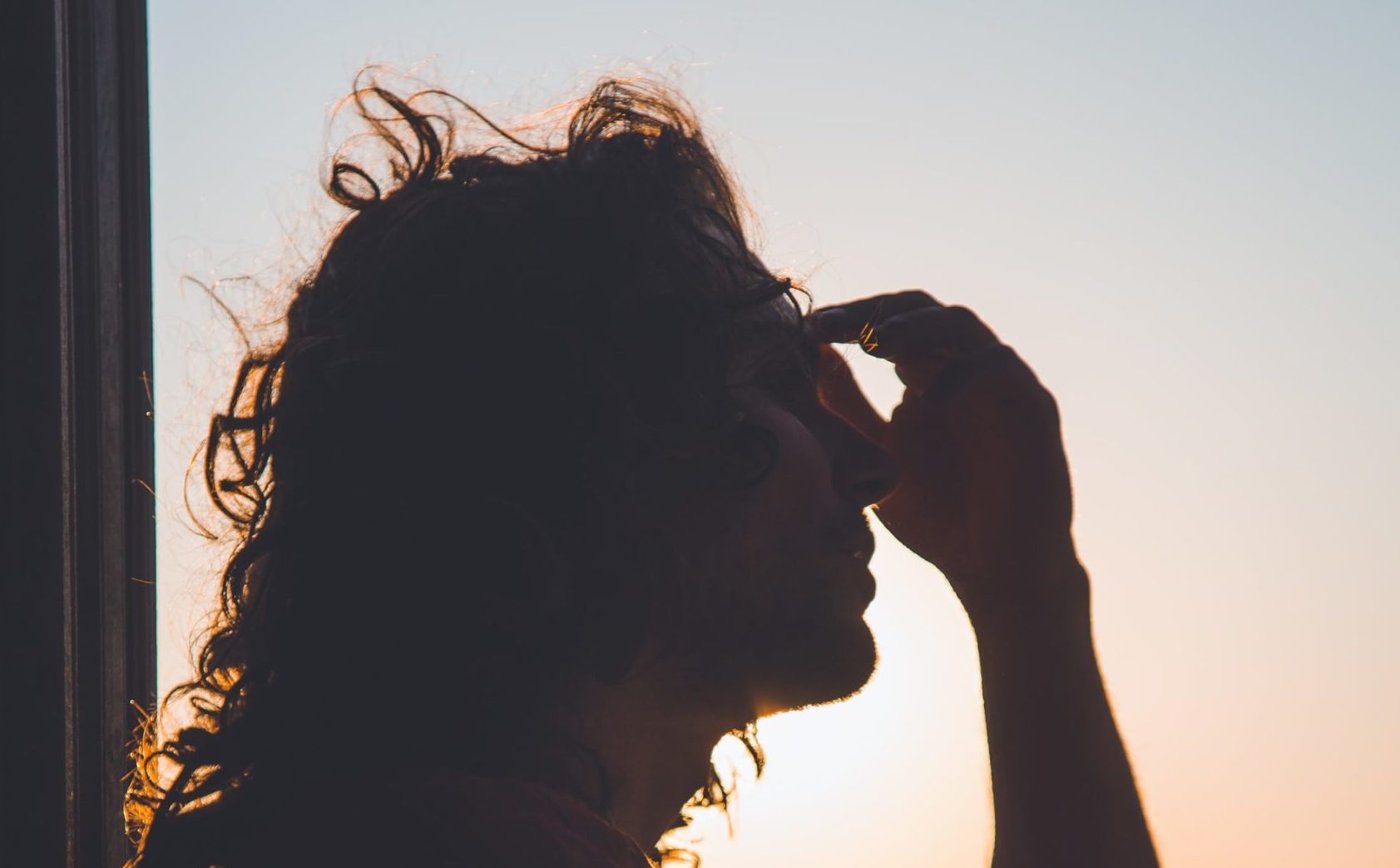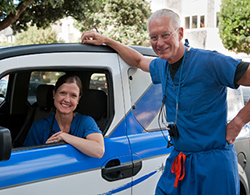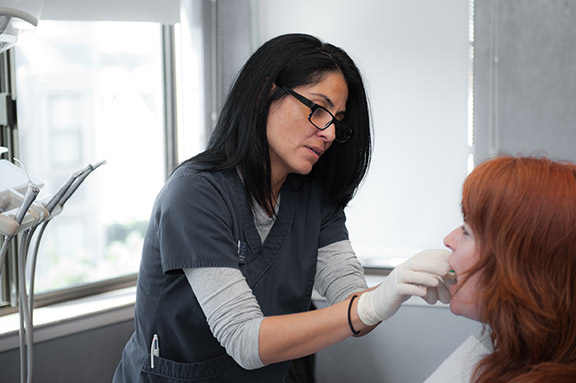All Posts
You May Be Surprised to Learn that Dental House Calls Not Only Exist, They’re Thriving
House calls are firmly ingrained in the fabric of American culture and history. We’ve all heard stories about the country doctor who traveled across hill and dale to care for patients around the local community. Today, many people believe the tradition exists only in nostalgia, period-piece stories, small rural towns, or the memories of our elders. They seem surprised when we tell them we specialize in house calls. In fact, house calls have not only returned, they’ve regained prominence and importance. The modernization of mobile technologies and the evolving needs of society have brought renewed attention to a formerly bygone practice. And for dentistry, house calls represent new access to care for people who would otherwise go without treatment.
The Rise, Fall and Rebirth of the House Call
In the early 1930s, house calls represented 40% of doctor-patient meetings. Over the next 20 years, they grew to encompass almost half of all medical consultations. However, the frequency of house calls plummeted to less than one percent by the 1980s. So what happened? As Tina Rosenberg explained in a 2016 New York Times article, “The country began building big hospitals and luxurious doctors’ offices, and doctors acquired sophisticated equipment they couldn’t put in a medical bag. Medicare and Medicaid reimbursement systems made home visits untenable. But the house call is now a better idea than ever.”
Traction for reviving house calls took hold again in the 1990s when team home care, including in-home visits, became a small but growing field in health care. The primary patient groups were seniors and people with chronic illnesses. Examining their challenges sheds more light on the renaissance of house calls in the modern era.
For frail seniors, people with special needs, and the homebound, routine care is next to impossible. Going to the doctor or the dentist for preventative treatment is a big undertaking. Relatives must take time off from work to transport their loved ones. Sometimes an ambulette must be hired. Some people can’t physically leave their homes. Still others have conditions that prevent them from tolerating procedures in a medical office. So what happens? They forgo the routine care they need. Then, whether for a health or dental emergency, they land in the hospital.
“But most hospitals are fee-for-service: they benefit from having more patients, not fewer,” Rosenberg pointed out. “Today two-thirds of doctors are employed by hospitals, which buy practices in part to require doctors to send them patients. And that percentage is growing fast.”
During Rosenberg’s research and interviews with medical professionals, she noticed some fascinating trends. Doctors who opted to focus on house calls had more time for work-life balance, made more money by not “buying practices” from hospitals, had better connections and insights from their patients, and were able to treat people who couldn’t access regular care.
“Time is another advantage,” Rosenberg wrote. “House calls eliminate no-shows. So doctors don’t have to do the double- and triple-booking that can lead to seeing 30 patients per day.”
The issues are particularly more pronounced with dental care. Let’s face it, more people put off going to the dentist than they do their doctor. So imagine what that’s like for homebound seniors or people with special needs. The end result is the same, because oral health problems lead to dire physical problems – so these patients wind up in the emergency room.
One of the factors that contributed to the demise of the house call was bringing equipment to patients. Well, the technological barriers have been lifted with advances in portable treatment tools, mobile x-ray machines, sterilization equipment, and teledentistry.
With about two-thirds of our aging population expected to suffer from chronic oral health and medical conditions, they’ll need access to attention early; dentists who make house calls may be the only ones equipped to provide this care.
Researchers and the Government Support House Calls
On February 26, 2018, the House of Representatives voted 387–13 in favor of the Action for Dental Health Act of 2017. Thematically, this bill is intended to prevent dental disease, divert dental emergencies from high-cost centers (like hospital emergency rooms) to dental offices, and reduce barriers to accessing care. Lines 15–17 of the bill include grant funding to support portable or mobile dental equipment, and this should lead to an expansion of opportunities to deliver and receive care through the use of portable dental equipment. Portable dental equipment includes relatively lightweight and easily movable dental chairs, x-ray units, and portable dental drills.
More recently, Congress passed another bill to help bolster funding for mobile health care. On October 18, 2022, President Biden signed into law S. 958, the “Maximizing Outcomes through Better Investments in Lifesaving Equipment for (MOBILE) Health Care Act,” which allows community health centers to use New Access Point grants to establish mobile health clinics. This was a bipartisan effort championed by Rep. Richard Hudson (R-NC), Rep. Susie Lee (D-NV), Rep. Raul Ruiz, M.D. (D-CA), and Rep. Jaime Herrera Beutler (R-WA). The law allows federal funding to be used for mobile outreach clinics.
As Taylor Heeden wrote for the Chatham News and Record (a paper covering Hudson’s district), “Before the COVID-19 pandemic, community health clinics were only allowed to use federal grants for ‘brick and mortar’ additions to facilities, not for mobile outreach efforts. But during the pandemic, the government lifted those brick-and-mortar restrictions and allowed facilities to use their federal funds to purchase mobile clinic supplies, such as buses, vans, medical equipment and more.”
A Timeless Solution for Current Needs
Over 61 million people in the United States live with special needs, including 7 million children. Yet as we’ve seen, these individuals go without proper oral care given the lack of dentists who have the specialized skills, training, and capabilities to serve these unique patients. It’s important to understand that you and your loved ones can get the care you need through in-home care, facilitated by advances in mobile dentistry, and the evolution of sleep and sedation options. This has been the hallmark of the Blende Dental Group. We have devoted our practice to supporting the under-supported.
Forgoing dental care should never be an acceptable option. The modernization of house calls, mobile dentistry, and portable equipment overcomes these hurdles for seniors and those who care for them. It’s also a cornerstone of the Blende Dental Group, which is home to House Call Dentists.
Mobile dentistry: Care in the comfort of familiar surroundings
Our fully equipped team of dentists, registered dental assistants, and mobile hygienists provide in-home dental evaluations and treatments with portable dental equipment. Based on our assessment, we determine the level of care required and whether treatment can be delivered in the home or under sedation in our office or the hospital. Providing sedation in any of these locations allows us to complete care in as few as one or two visits.
Caring for Seniors Is Our Specialty
We partner with families, care facilities, and health care providers – including dentists, physicians, care managers, and social workers – to develop a targeted daily dental care plan that complements successful treatment. When homebound seniors experience discomfort, we’re dedicated to making treatment as comfortable as possible. Initial visits include exams, digital x-rays, cleanings, and emergency care as needed to rapidly eliminate infection or pain. Our medical and dental teams meet or exceed hospital grade standards for sterilization safety.
Our multidisciplinary team of nationally recognized dentists, anesthesiologists, and MDs allows us to offer palliative treatment to full-mouth restoration in the safety and comfort of your home. We bring state- of-the-art mobile dental technologies to people who are homebound or have difficulty traveling to a dentist. We provide preventative, restorative, and emergency care 24/7/365. Our teams handle the setup and breakdown of all portable equipment, as well as access to our teledentistry platform, which provides real-time access to video visits with your dentist, treatment plans, and more.
Of course, as Rosenberg also highlighted in her article “house calls may be making a revival among the wealthy through concierge telemedicine.” At House Call Dentists, our teams have been specializing in concierge in-home care for years. Learn more about how house calls can help you and your family.
Let's brighten
that smile
The when and where are up to you.
